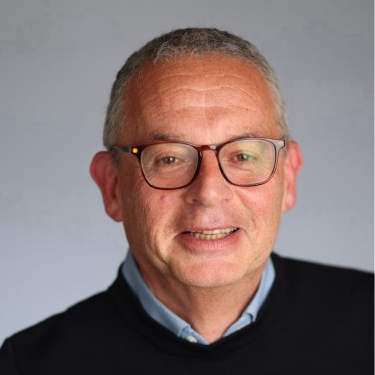PRESENTATION
Optics in AI Clusters: Innovation Mixed with Expediency
The presentation discusses the evolving role of optics in AI Clusters, covering connectivity and switching. It includes sales data for optical transceivers and AOC and DAC cables for compute nodes and AI Clusters in Cloud data centres for 2022-2025, along with a forecast for 2026-2030. The forecast includes projections for linear drive pluggable (LPO/LRO) and co-packaged optics (CPO). Also discussed are optical circuit switches, coherent optics, and scale-across networks, and the expediency of the hyperscalers to keep scaling AI.
Roy Rubenstein
LightCounting
Roy Rubenstein has worked for LightCounting for 20 years covering optical technologies and the telecom sector. He is also the publisher of the online magazine, Gazettabyte, and has been researching and writing about the telecom and semiconductor industries for 30 years. He is also the co-author, along with LightCounting’s Daryl Inniss, of the book, Silicon Photonics: Fueling the Next Information Revolution, published by Elsevier in 2016 and is now writing a second edition.www.lightcounting.com www.gazettabyte.com

